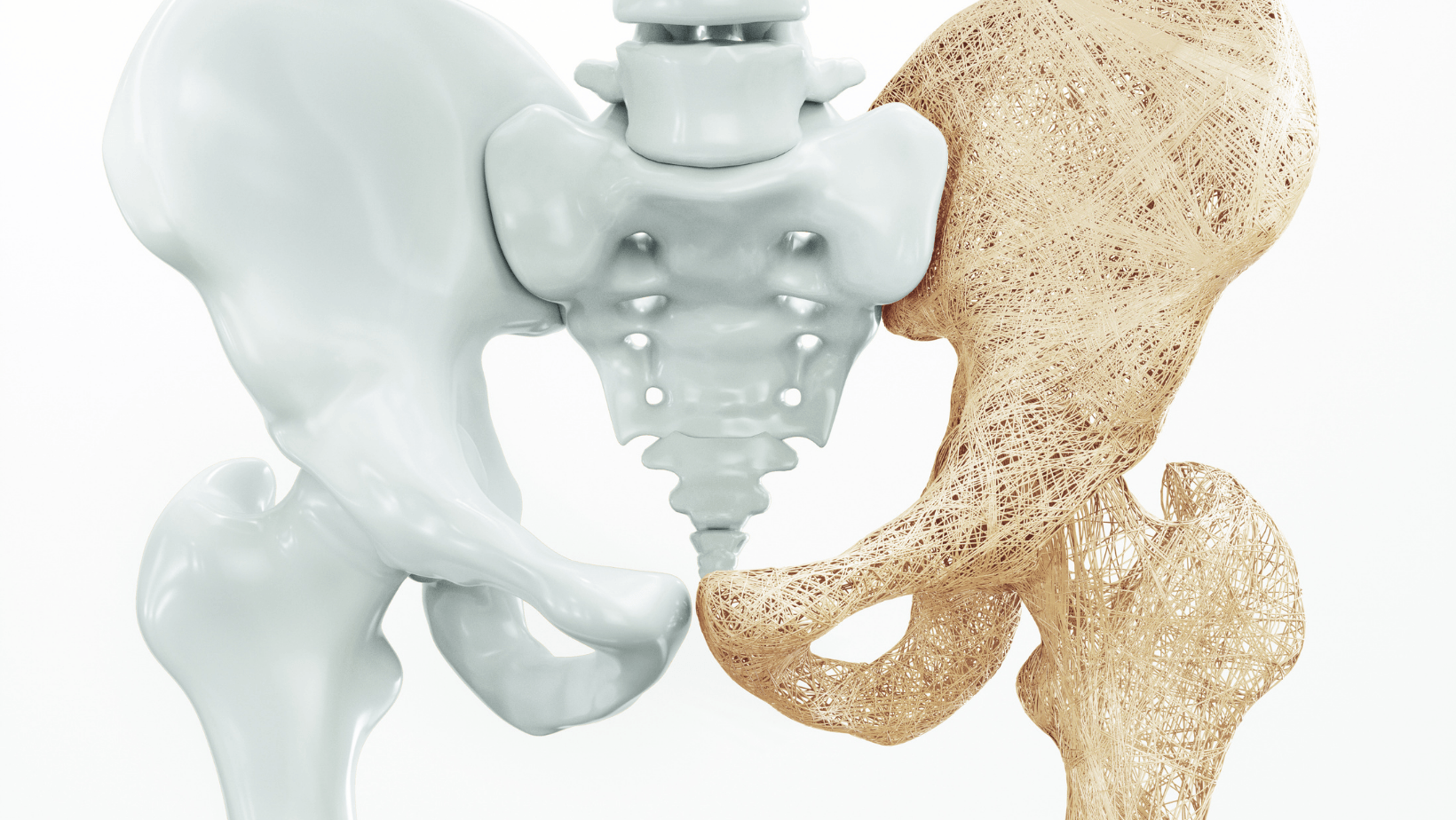Heatstroke in Cars and How To Prevent It
How to Prevent Vehicular Heatstroke
Children of all ages are at risk if they remain inside of a warm vehicle, so it is important that you don’t leave your child unattended for any period of time, even if you intend to make a quick trip in and out of a store. 54% of heatstroke related deaths occurred when parents forgot their child, but another 28% were the result of a child entering the vehicle without supervision.
The following are ways that you can prevent these accidents or to respond when a child is in danger.
Make it a habit to lock your vehicle so that children are unable to get inside while unsupervised.
Also make it a habit to look inside your vehicle before you lock it so that you do not forget your child.
Never leave a child alone in a car for any reason. There are too many things that can go wrong, regardless of how soon you will return.
If you see a child inside of a vehicle on a hot day, give the driver no more than two or three minutes to return before taking action.
If the child is unresponsive, remove him or her from the vehicle. Call 9-11 immediately and use cool water to bring his or her temperature down.
If the child is responsive, remain at the vehicle until a guardian arrives. Find someone to search for the driver.
Taking a proactive approach to vehicular heatstroke may save a life, so do not hesitate to do what is necessary to remove a child from danger.
Finally, make sure that any babysitter or caregiver you trust to care for your child understands that he or she may never leave your child unattended in a vehicle. Many vehicular heatstroke deaths involved caregivers who were not the parent or guardian.
This article written by [Jonathan Rosenfled]https://www.rosenfeldinjurylawyers.com/jonathan-rosenfeld.html) from Rosenfeld Injury Lawyers and being published on the Health Tip of the Week page in collaboration with Avicenna Health.













